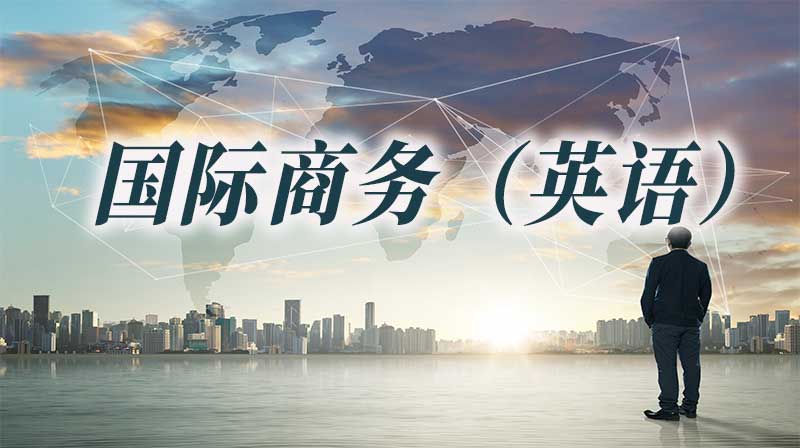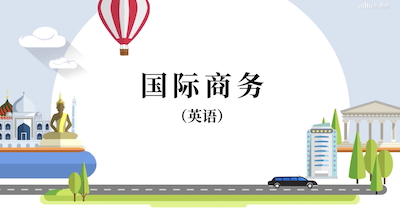第七章测试1.The costs and risks associated with doing business in a foreign country are typically: ( )
A:high in an economically advanced nation.
B:low in the countries of the European Union.
C:low in an economically advanced nation.
D:high in a politically stable democratic nation.
答案:C
2.McDonald's is an example of a firm that uses ( ).
A:a licensing strategy
B:wholly owned subsidiaries
C:turnkey contracts
D:a franchising strategy
3.If a firm is trying to enter a market where there are already well-established companies, and where global competitors are also interested in establishing a presence, the firm should choose a(n) ( ).
A:acquisition
B:franchise
C:joint venture
D:greenfield investment
4.Other things being equal, the benefit-cost-risk trade-off is likely to be most favorable in: ( )
A:politically stable developed and developing nations that have free market systems.
B:developing nations where speculative financial bubbles have led to excess borrowing.
C:nations where there is a dramatic upsurge in either inflation rates or private-sector debt.
D:politically unstable developing nations that operate with a mixed or command economy.
5.( ) can be used to formalize arrangements to swap skills and technology in a strategic alliance.
A:Modularization
B:Structured transfer agreements
C:Contractual safeguards
D:Cross-licensing agreements
温馨提示支付 ¥3.00 元后可查看付费内容,请先翻页预览!


